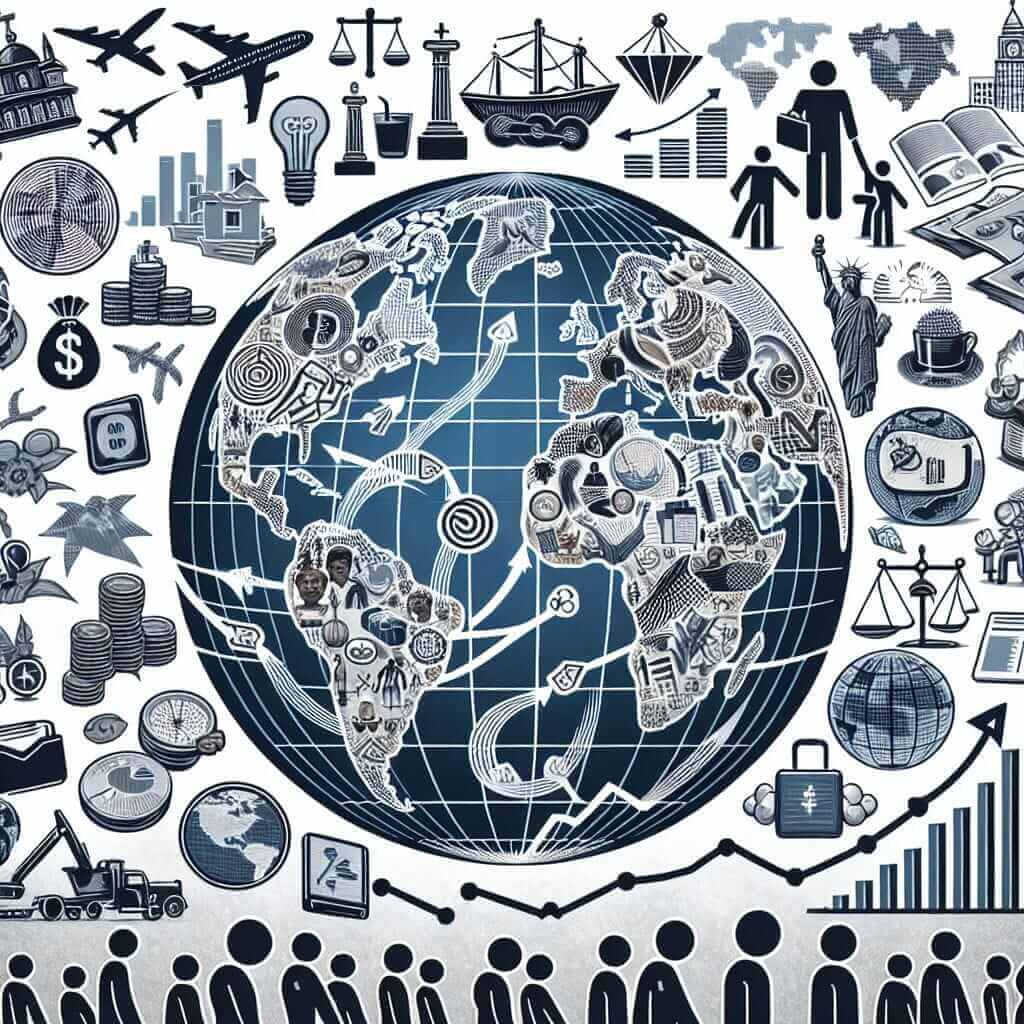The IELTS Reading test can be a challenging part for many candidates. It’s designed to test a wide range of reading skills, such as reading for gist, reading for main ideas, reading for detail, understanding inference, and recognizing a writer’s opinions, attitudes, and purpose. In this article, we will provide you with a unique IELTS Reading practice test to help you hone your skills. This test will follow conventional IELTS formats and vary in difficulty from easy to hard, focusing on a unique 200-topic list to ensure no repetition. Understanding the types of questions and practicing with similar topics can significantly enhance your reading proficiency.
Reading, analyzing, and understanding diverse subjects while practicing timing will prepare you well for the actual test. This article will also include tips, common mistakes to avoid, and important vocabulary and grammar structures frequently encountered in the IELTS Reading test.
Practice Reading Test: Medium Text
Reading Passage
The Impact of Migration on Global Economies
In recent years, migration has become a prominent topic in the global economic discourse. The movement of people from one country to another has several implications for both the countries of origin and the destination countries. This reading passage explores the various dimensions of migration and its impacts on global economies.
Migration history dates back to the early human civilizations when people moved in search of food, better living conditions, and security. In the contemporary world, the reasons for migration are more complex and varied. Economic migration, where individuals move for better job opportunities, constitutes a significant portion of this phenomenon. Countries experiencing labor shortages, such as those with aging populations, often benefit from the influx of younger workers from other nations. This labor supply helps fill gaps in various sectors, from technology to agriculture, contributing to the economic vitality of the destination country.
Migrants also send remittances back to their home countries, contributing to economic stability and growth. These remittances can improve living standards, provide for education, and fund new businesses, reducing poverty levels. Moreover, the cultural diversity brought about by migration fosters innovation and can lead to more dynamic economies.

However, migration also presents challenges. Destination countries can face strains on public services, housing, and social integration mechanisms due to sudden influxes of migrants. Additionally, there can be a perception of competition for jobs and resources, sometimes leading to social tensions.
Effective policies can mitigate these challenges and enhance the positive impacts of migration. International cooperation and thoughtful domestic policies are essential in managing migration flows, ensuring that both migrants and host societies benefit equally. Thus, understanding and addressing the intricacies of migration is crucial for sustainable global economic development.
Questions
Multiple Choice
-
According to the passage, which of the following is NOT a benefit of migration to the destination country?
- A. Filling labor shortages
- B. Enhancing economic vitality
- C. Causing social tensions
- D. Fostering innovation
-
What do remittances sent back to home countries primarily help with?
- A. Increasing migration rates
- B. Improving living standards and education
- C. Building international cooperation
- D. Enhancing public services in the destination country
True/False/Not Given
-
Migration has been part of human history since early civilizations.
- A. True
- B. False
- C. Not Given
-
All migrants move for better job opportunities.
- A. True
- B. False
- C. Not Given
Summary Completion
Complete the summary using the list of words, A to F, below.
Migration can provide several economic benefits to the destination countries including filling labor shortages and enhancing (5)__. It also contributes to cultural diversity and (6)__. Nevertheless, challenges such as strains on public services and social tensions need to be addressed through effective policies.
A. Innovation
B. Stability
C. Opportunities
D. Vitality
E. Security
F. Growth
Answers
- C
- B
- A
- B
- D
- A
Detailed Explanation
-
Multiple Choice Explanation:
- C is correct because “causing social tensions” is mentioned as a challenge, not a benefit.
-
Multiple Choice Explanation:
- B is correct because the passage states that remittances help improve living standards and provide education.
-
True/False/Not Given Explanation:
- A is true. The passage mentions that migration history dates back to early human civilizations.
-
True/False/Not Given Explanation:
- B is false. The passage indicates that reasons for migration are more complex and varied, not solely for job opportunities.
-
Summary Completion Explanation:
- D (Vitality) fits because the sentence refers to economic benefits, and “enhancing vitality” makes sense in this context.
-
Summary Completion Explanation:
- A (Innovation) fits because the passage mentions cultural diversity fostering innovation.
Common Mistakes
-
Misinterpreting Questions:
- Ensure you understand the question properly. For example, distinguishing between benefits and challenges.
-
Vocabulary Misunderstanding:
- Confusion over meanings can lead to wrong answers. Practice reading comprehensively to enhance vocabulary.
Vocabulary
-
Labor Shortages:
- Noun
- Pronunciation: /ˈleɪbər ˈʃɔːrtədʒɪz/
- Definition: A situation in which there are not enough workers available.
-
Remittances:
- Noun
- Pronunciation: /rɪˈmɪtənsiz/
- Definition: Money sent by migrants to their home countries.
Grammar
- Relative Clauses:
- Type: Defining relative clauses
- Example: “Countries experiencing labor shortages, such as those with aging populations, often benefit.”
- Usage: Provides essential information about the noun it modifies.
Advice for High Reading Scores
- Practice Regularly: Familiarize yourself with different topics and question types.
- Time Management: Enhance your ability to manage the 60 minutes effectively.
- Vocabulary Enhancement: Expand your vocabulary to understand texts better.
- Focus on Key Ideas: Concentrate on understanding the main and supporting ideas.
- Mock Tests: Take regular practice tests to simulate exam conditions.
By following these steps and continuously practicing with our unique IELTS Reading topics, you can improve your confidence and abilities in the Reading section. Good luck with your preparation!